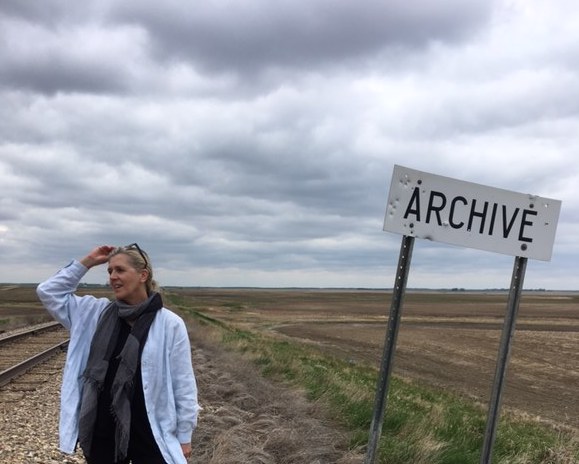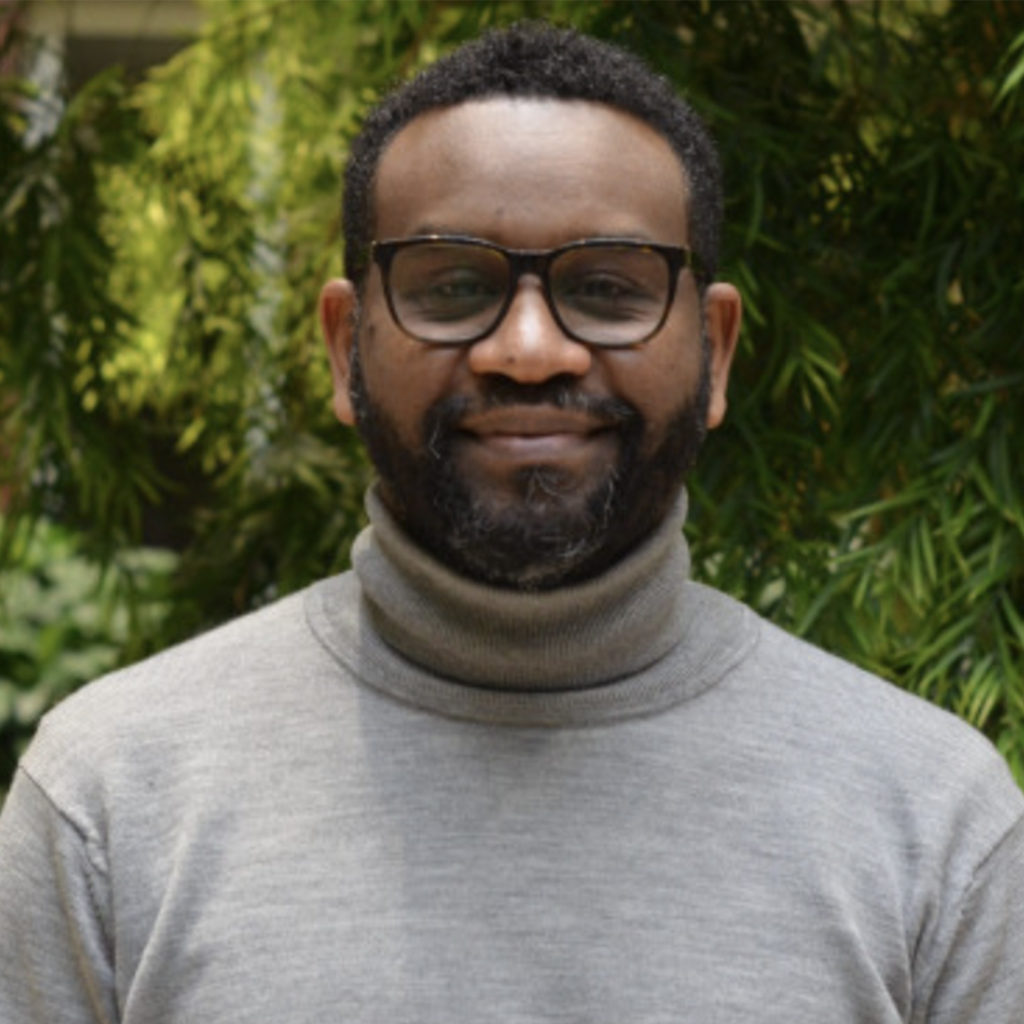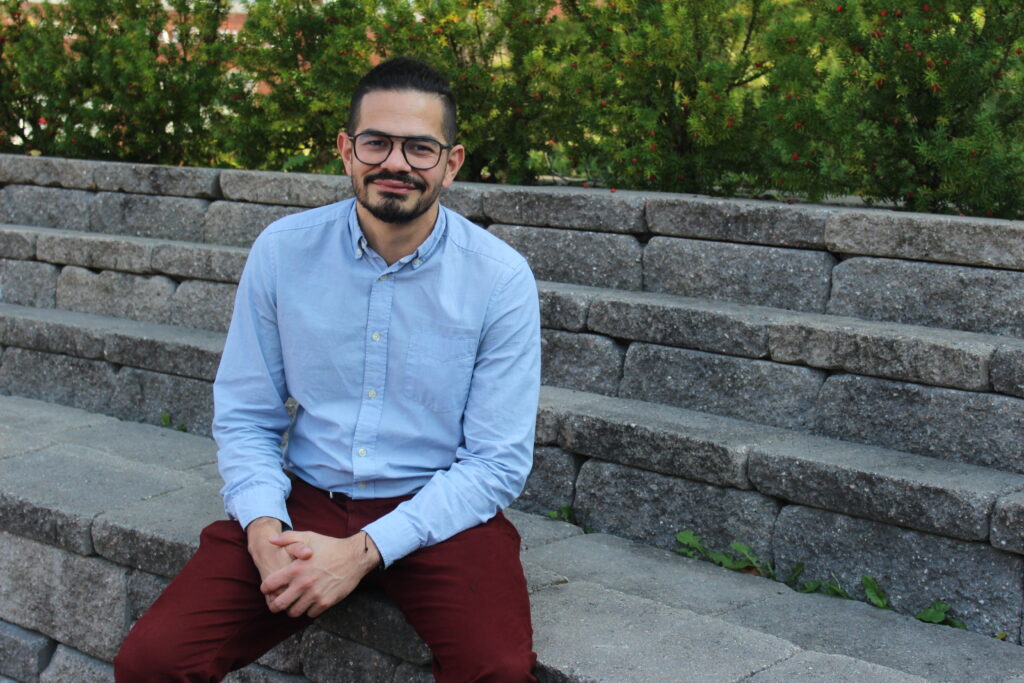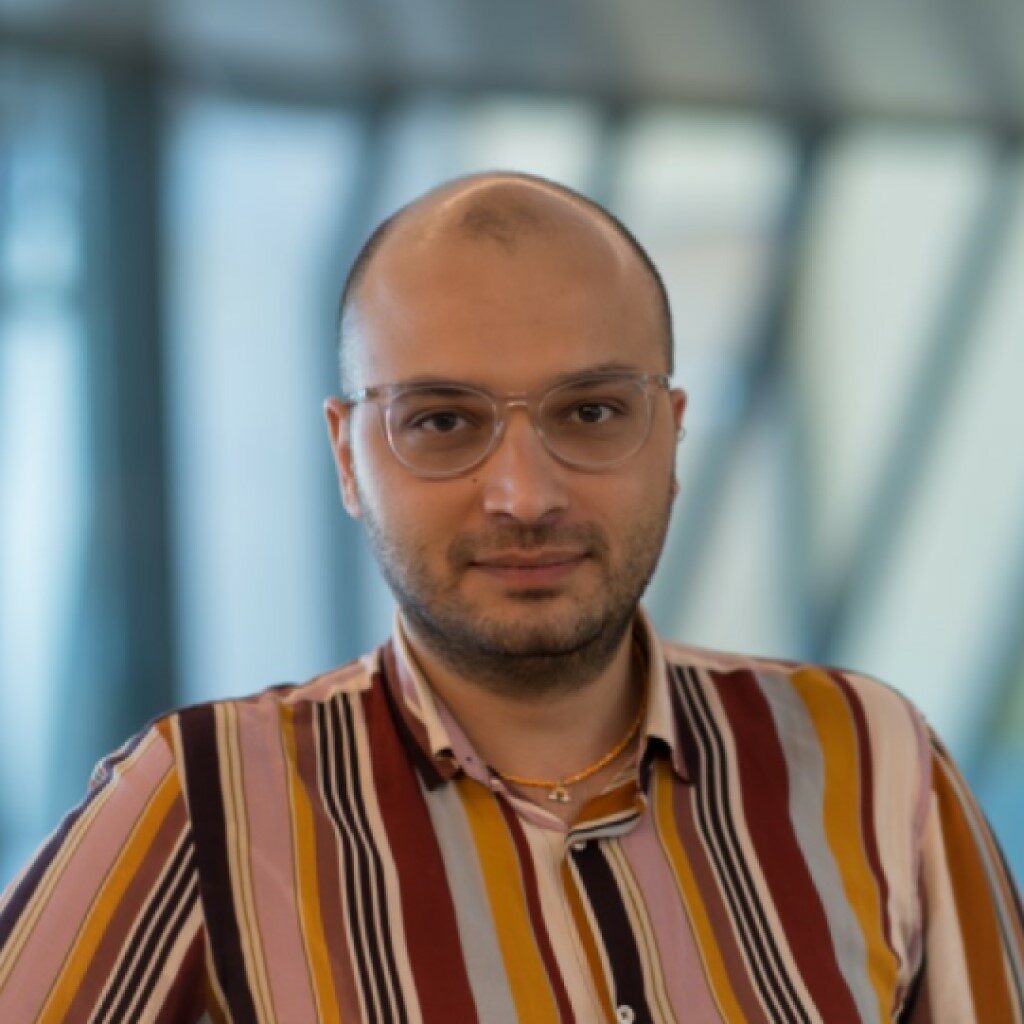Technoscience is thoroughly entangled with our economies, incentivizing the development of certain technologies at the expense of others (e.g. autonomous vehicles over public transit). This Thematic Cluster will focus on the ways that economic processes shape technological innovation and how technologies shape the economy.
Thematic Cluster Lead: Professor Kean Birch
Dr. Kean Birch is Director of the Institute for Technoscience & Society, as well as a Professor in the Graduate Program in Science and Technology Studies at York University, Canada. He's interested in how ‘things’ – ranging from personality through knowledge to personal data – are turned into assets; that is, into techno-economic entities whose value is derived from the capitalization of future revenue streams and the extraction/exaction of ‘durable economic rents’. Current research focuses on personal data, Big Tech, and other digital technologies (e.g. artificial intelligence, Blockchain, etc.) and previous research has looked at biotechnology, biofuels, infrastructure, and low-carbon technologies.
Members:
Graduate Fellow
Fenella Amarasinghe is a PhD Candidate in the Faculty of Education,York University. Her research considers the ways that ethics as an attentive relationship to the human and more-than-human world is pedagogically-culturally constituted in engineering education. In addition, Fenella works with Dr. Jeff Harris on a cross-institutional study with colleagues from the University of Manitoba, Waterloo, and Memorial University, investigating the Tech Stewardship Practice Program launched by Engineering Change Lab and MaRS Discovery District. As well, she is collaborating with Dr. Alpha Abebe at McMaster University to investigate students' perspectives on generative AI technologies and higher education.
Associate Fellow
Dr. Anna Artyushina is a Science & Technology Studies (STS) and public policy scholar who is specializes in the governance of emerging technologies: smart cities, data trusts, and biometric technologies. She has a PhD in STS from York University and a Postdoctoral Researcher at Toronto Metropolitan University.
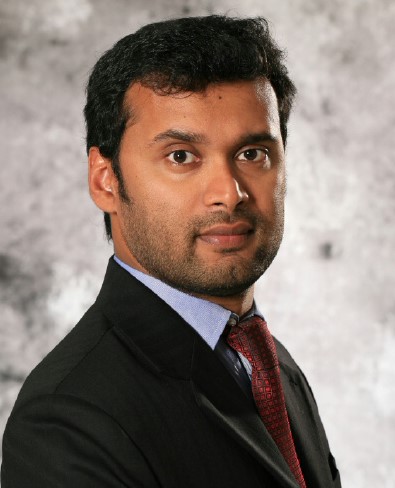
Graduate Fellow
Arvind Babajee, is a finance professional with a specialisation in Finance and Tech. He also advises clients on international corporate affairs.
Dr. Kelly Bergstrom is an Assistant Professor in the Department of Communication and Media Studies at York University. Dr. Bergstrom’s research examines drop out and disengagement from digital cultures, with a focus on digital games and social media. She has recently embarked on a new project about how work/life balance has been transformed by the COVID pandemic.
Natalie Coulter is an Associate Professor in Communication and Media Studies and Director of the Institute for Digital Literacies (IRDL) at York University, Canada. She is co-author of Media and Communication in Canada (9th ed) and co-editor of Youth Mediations and Affective Relations (2019) and author of Tweening the Girl (2014). She is currently working on a book project entitled Kids and Digital Capitalism. She has published such topics as tween girls, academic research harassment, children’s digital cultures, family media practices as well as Canadian media, masculinity and Playboy.
Professor Dagne holds the Ontario Research Chair in Governing Artificial Intelligence at York University. He earned his Doctorate from the Schulich School of Law at Dalhousie University and served as an Associate Professor at Thompson Rivers University Faculty of Law. He teaches at the School of Public Policy and Administration and Osgoode Hall Law School. His research explores legal, regulatory, and ethical aspects of AI, focusing on innovation and knowledge governance in Indigenous and local communities. He examines how intellectual property, privacy, and data governance rules and norms influence societal outcomes, either perpetuating or mitigating inequities in AI deployment.
Dr. Mahtot Gebresselassie is an Assistant Professor at Environmental and Urban Change (EUC). Her research interest focuses on smart mobility and equitable transportation for people with disabilities and low-income earners.
Dr. Markus Giesler is a consumer culture theorist and Professor of Marketing at the Schulich School of Business at York University. His research examines how markets dynamically shape human behaviour, often in the context of new technologies. His current research focuses on consumer artificial intelligence, responsibilization, and surveillance.
Jan Hadlaw is an Associate Professor in the School of Arts, Media, Performance, & Design at York University, and appointed to the STS and ComCult graduate programs. Her research interests focus on the history and material culture of modern technologies. She’s PI of the SSHRC-funded xDX Project, working with partners in academia, archives, and museums to develop a linked-open-data resource for the study of Canada’s design history. She’s an executive member of the Canadian Science and Technology Historical Association (CSTHA) and International Committee for the History of Technology (ICOHTEC), and the editorial board of the peer-reviewed journal ICON.
Associate Fellow
Dr. Hassan is an Assistant Professor in the Gerald R. Ford School of Public Policy, University of Michigan, USA. Previously, he was Illinois Distinguished Postdoctoral Fellow and Research Associate in the School of Information Sciences at the University of Illinois Urbana-Champaign, USA, and a research fellow at the Harvard Kennedy School, Harvard University, USA. His research examines the relationship between race, digital technology, and technoscientific capitalism. Dr. Hassan’s work is at the intersection of social and racial justice, and technology policy focusing on the social, economic, and political implications of emerging technologies including artificial intelligence (AI) and data. His most recent project investigates the sociotechnical knowledge production practices of the state, scientists, and the tech industry focusing on the development of AI and its innovation ecosystem across multiple African countries.

Graduate Fellow
Hana Holubec is a PhD student at York University in the Science and Technology Studies program. Her ongoing research project looks at the programming of humour and laughter into AI and social robotics. She holds an honours undergraduate degree in Psychology and a Master’s degree in Science and Technology Studies. Her research is informed by her experience as a comedy writer and Improv/clown performer and her work as an arts-based instructor within the disability community, with those living with addiction and mental health issues, and with groups and individuals in bereavement and hospice care.

Graduate Fellow
Alexander Martin is a first-year PhD student in the Science and Technology program at York University. Under the supervision of Dr. Robert Gehl, he explores the intersections of AI, ethical social media, and news dissemination in Canada. His research investigates the fediverse as an alternative platform for accessing news amidst legislative changes like the Online Harms Act. Alexander's interests lie in policy intersections, privacy, and economic dynamics shaping Canada's technological landscape. He aspires to foster a Canadian-centric internet that balances innovation with data sovereignty. Through interdisciplinary collaboration, Alexander aims to contribute meaningfully to understanding and addressing socio-technical challenges.
Dr. Joanna Robinson is Associate Professor in the Department of Sociology and the School of Public and International Affairs, Glendon Campus. Her research and teaching interests are in the areas of social movements, climate change, labour and inequality, environmental and social justice. She has published books, journal articles and book chapters on social movements, climate change, environmental politics and labour, including the recently published Routledge Handbook on the Green New Deal. Her work was recognized by the Glendon Principal’s Award for Research.
Dr. Antulio Rosales is an Assistant Professor in the Department of Social Science, Business and Society program, at York University. His research interests focuses on international and comparative political economy, natural resource extraction/environmental politics, and global development. Antulio's new research agenda is concerned with the expansion of emerging financial assets such as cryptocurrencies and their linkage to energy infrastructures and political incentives in the Global South. His current research project deals with the infrastructure, energy, and policy incentives for the expansion of cryptocurrencies in Latin America, especially in Venezuela, El Salvador, Argentina, and Puerto Rico.
Dr. Yan Shvartzshnaider is an Assistant Professor in the Department of Electrical Engineering and Computer Science, Lassonde School of Engineering at York University. He leads the the Privacy Rhythm Research Lab that develops privacy-enhancing methodologies and tools to help incorporate a socially meaningful conception of privacy which meets peoples' expectations and is ethically defensible.
Graduate Fellow
Orçun Turan is a consumer culture theory scholar interested in the social and cultural dimensions of consumption, particularly the intersecting axes of inequality such as race, class, gender, and sexual orientation. They are currently a PhD student in marketing at Schulich School of Business, York University, where their research focuses on the interlocked nature of biomedical consumption, knowledge, innovation, and stigma.

Graduate Fellow
Shelbey Walker is a doctoral student in the Science and Technology Studies Program at York University. Her research interests include the intersection of labour and leisure in digital games, discourse of games by the popular media press, and the sponsorship of digital games and esports. Other interests are exploring workplace culture, technology used by type 1 diabetics, and the experiences of gig workers.
Dr. James Williams is an Associate Professor in the Department of Social Science at York University and a member of the undergraduate program in Criminology and the graduate programs in Sociology and Socio-Legal Studies. He is interested in the intersections between technology, finance, and regulation as well as the impact of finance (and emerging forms of assetization) on the social and public sector. James is also working on developing a new research project on supply chain digitization and its implications for the regulation of corporate supply chains.

Graduate Fellow
Nicole Toivonen Winchester is a PhD student in Science and Technology Studies at York with two decades of experience with evolving digital technologies in media, gaming, and immersive entertainment. By examining Dungeons & Dragons as a sociotechnical assemblage, Nicole’s research explores knowledge production and loss, infrastructures of games as technologies, and processes of platformization. Recipient of an SSHRC CGS Master’s Scholarship, Nicole strives to understand how technologies affect communities and creativity, how we contribute to these processes, and how knowledge is produced, lost and preserved — even when it is ‘just a game.’









